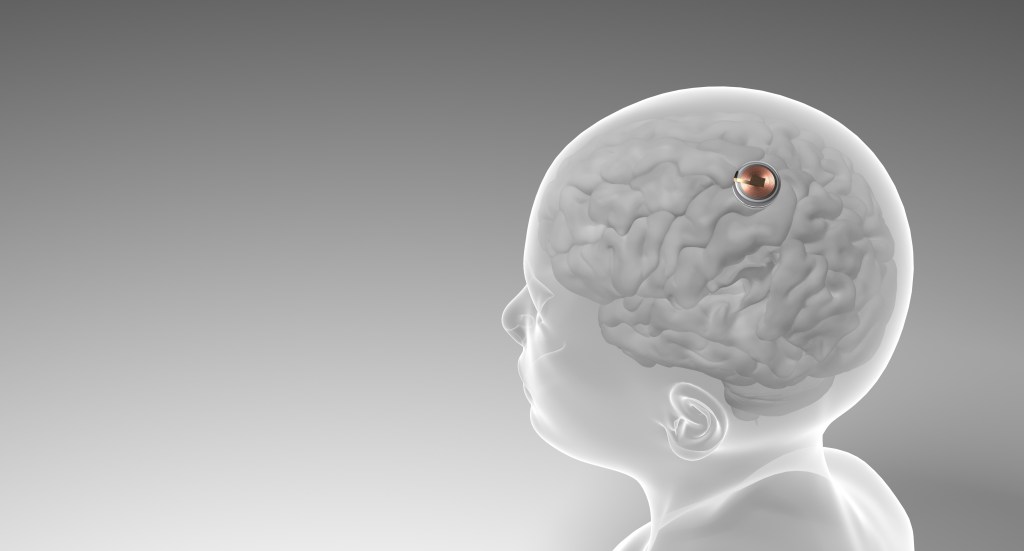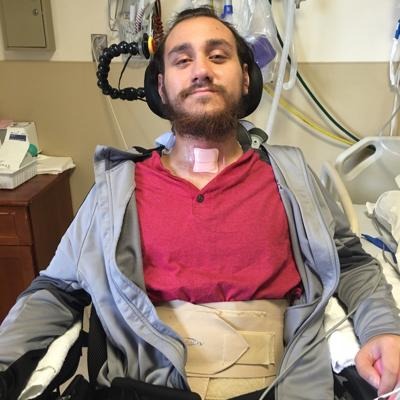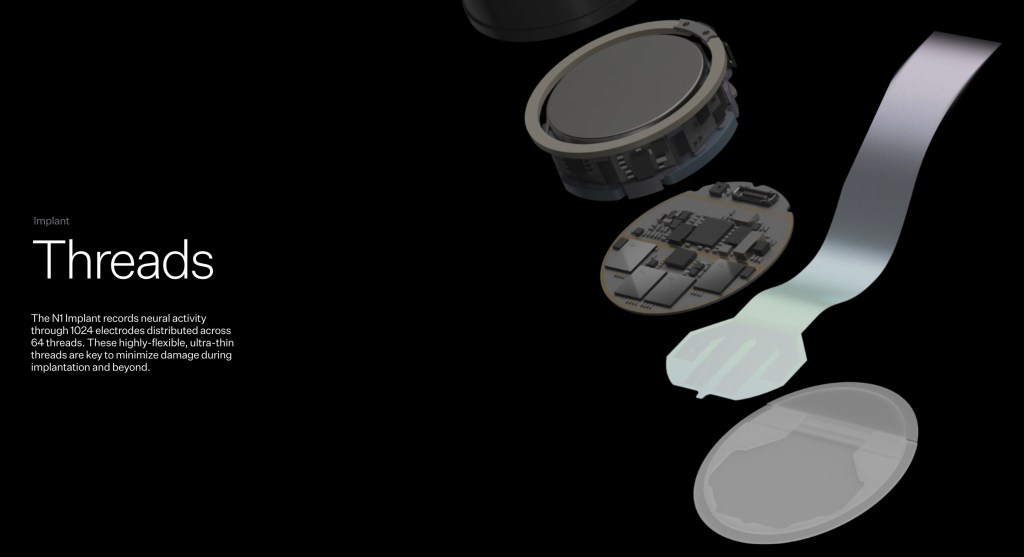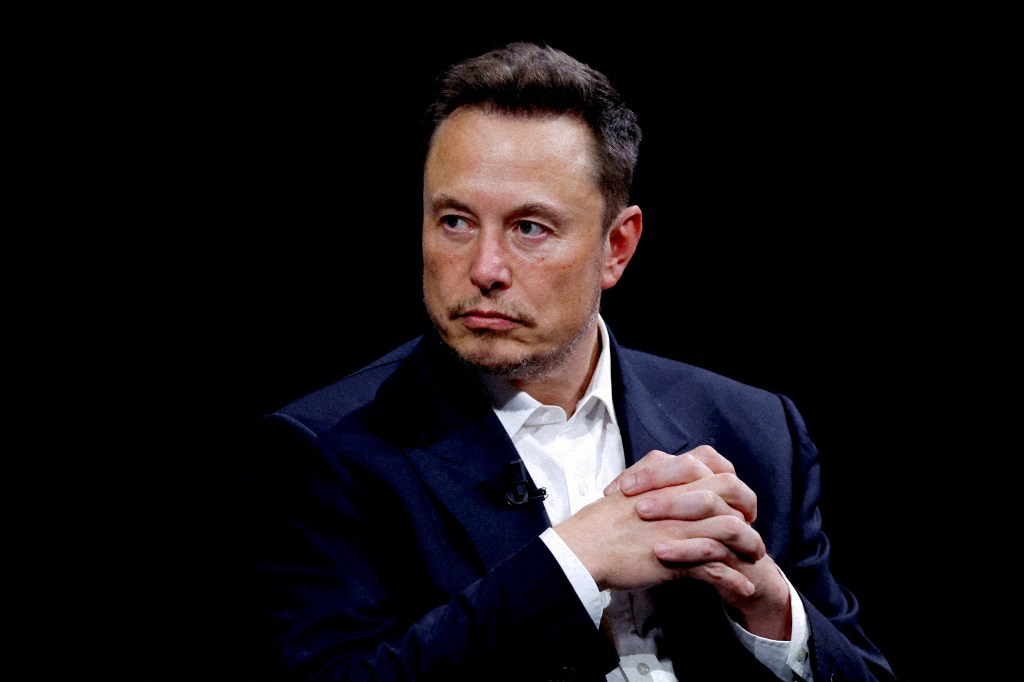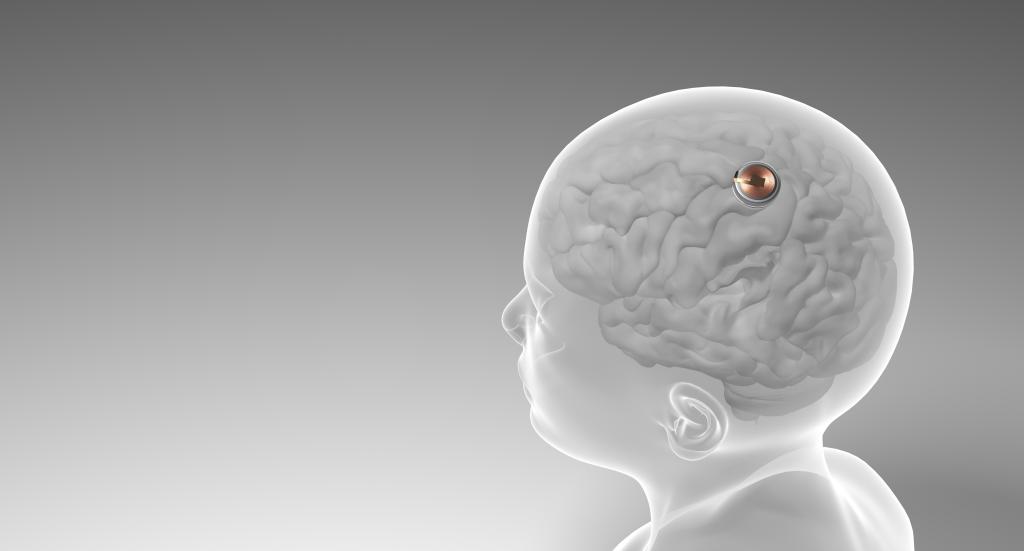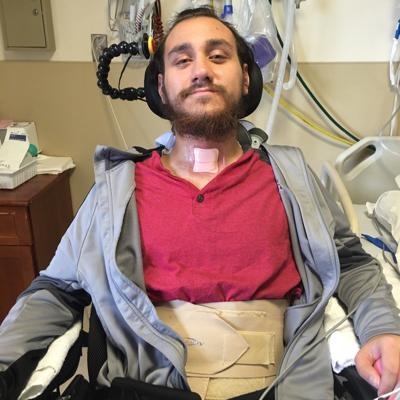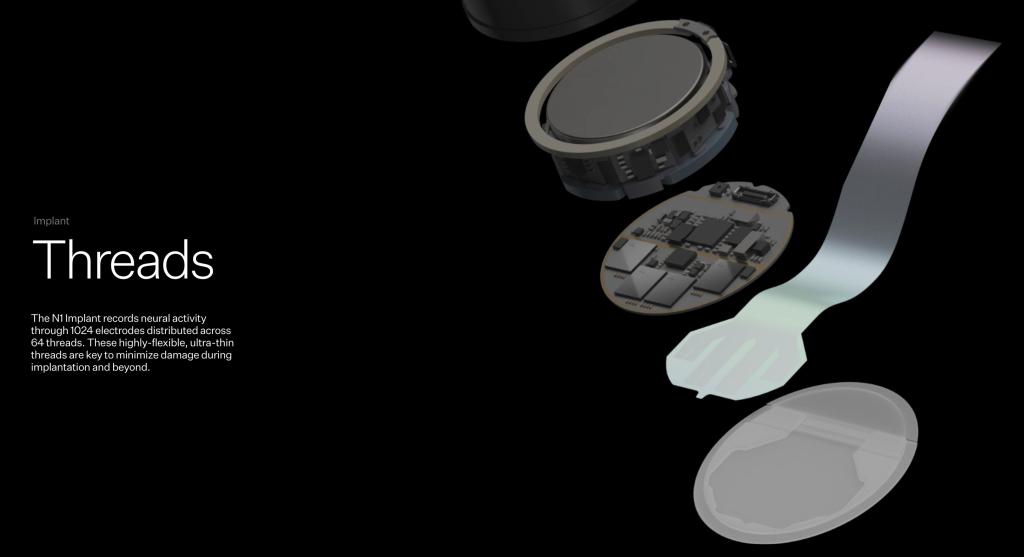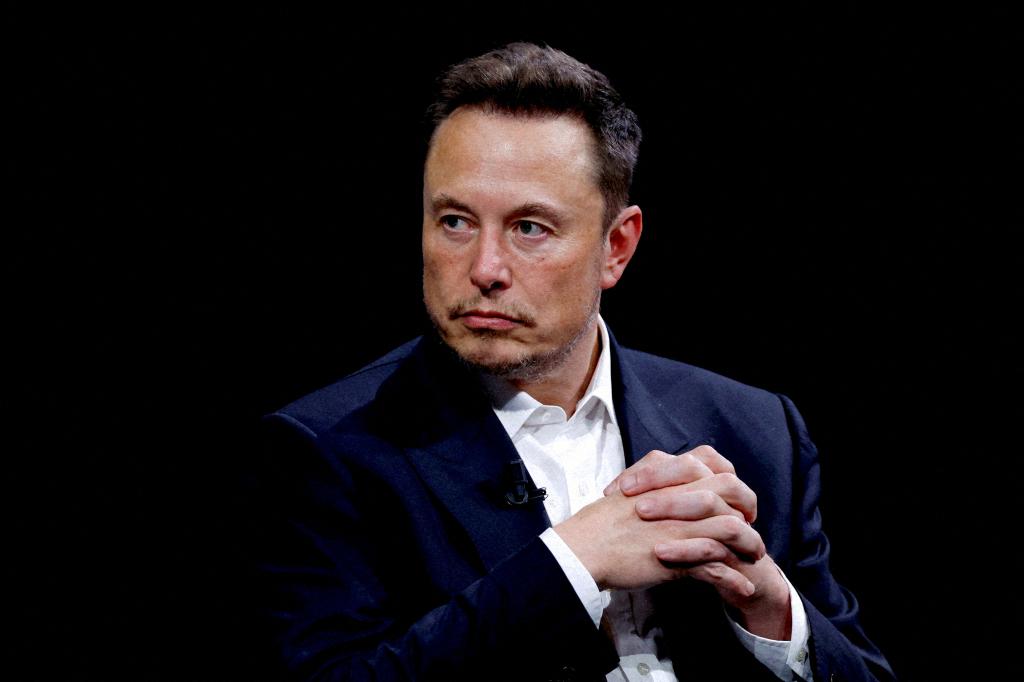FDA OK’s Elon Musk’s Neuralink to implant brain chip into second patient: report
Contact The Author
The Food and Drug Administration will allow Elon Musk’s brain chip company Neuralink to implant its device into a second patient as early as next month, according to a report.
The federal agency was apparently satisfied by Neuralink’s proposals to fix the errors that were reported in the company’s first patient, Noland Arbaugh, the 30-year-old quadriplegic who has managed to control a cursor on a computer screen using just his thoughts as well as play games and communicate with friends.
News of the FDA’s approval was first reported by The Wall Street Journal on Monday.
Earlier this month, Neuralink disclosed that the implant’s tiny wires, which are thinner than a human hair, retracted from Arbaugh’s brain, resulting in fewer electrodes that could measure brain signals.
Neuralink learned that Arbaugh’s brain moved up to three times what the company expected — resulting in the wires retracting, according to the Journal.
The company knew from animal testing it had conducted ahead of its US approval last year that the wires might retract, removing with them the sensitive electrodes that decode brain signals, Reuters reported last week.
Neuralink deemed the risk low enough for a redesign not to be merited, according to the report.
The signals get translated into actions, such as moving a mouse cursor on a computer screen.
The company said it managed to restore the implant’s ability to monitor its patient’s brain signals by making changes that included modifying its algorithm to be more sensitive.
Arbaugh, who lost movement below the shoulders due to a 2016 driving accident, had the chip, which is about the size of a quarter, anchored to his brain in January.
The chip, which contains a battery and 64 external threads, each of which are thinner than a strand of human hair, is installed into the brain’s motor cortex to relay neural signals.
Weeks later, however, “a number of threads retracted from the brain,” according to the company.
“I was on such a high and then to be brought down that low. It was very, very hard,” Arbaugh told the Journal about his reaction to having some of the capabilities taken away from him.
“I cried.”
Neuralink told Arbaugh that 15% of the threads in his brain remain in place and that the company has tweaked the software to allow him to regain many of the device’s capabilities, according to the Journal.
The company told the FDA that it plans to fix the mishap that affected Arbaugh by inserting the implant deeper into the brain’s motor cortex.
In Arbaugh’s case, the implant was put in between three-to-five millimeters deep into the brain’s motor cortex.
Start your day with the latest business news right at your fingertips
Subscribe to our daily Business Report newsletter!
Thanks for signing up!
The FDA has agreed to Neuralink’s proposal to have future patients have the implant embedded eight millimeters into the motor cortex.
The FDA was aware of the potential issue with the wires because the company shared the animal testing results as part of its application to begin human trials, according to Reuters.
More than 1,000 quadriplegics have signed up for a patient registry in hopes of being the second person to have the brain implant, according to the Journal.
Neuralink plans to whittle the list down to fewer than 100 candidates. The company plans to make a final decision on a patient sometime next month, the Journal reported.
Last week, Musk took to his social media platform, X, and announced that Neuralink was still accepting applicants.
Neuralink’s goal is to have 10 people implanted with the technology by year’s end. The company is aiming for a diverse patient pool, but so far the overwhelming majority of the applicants who signed on to the patient registry are white and male, according to the Journal.
Neuralink is also trying to win regulatory approval from authorities in Canada and the UK.
